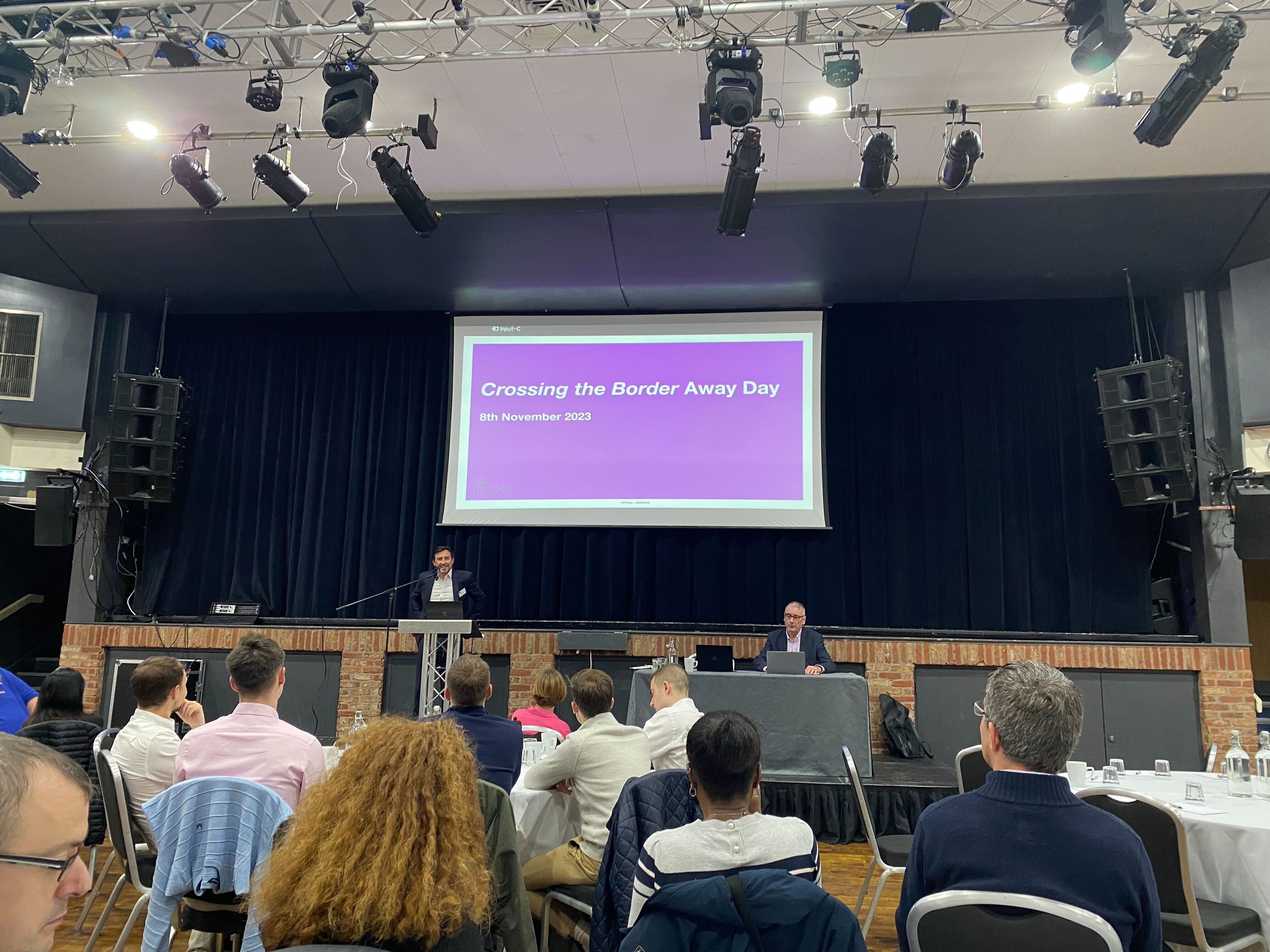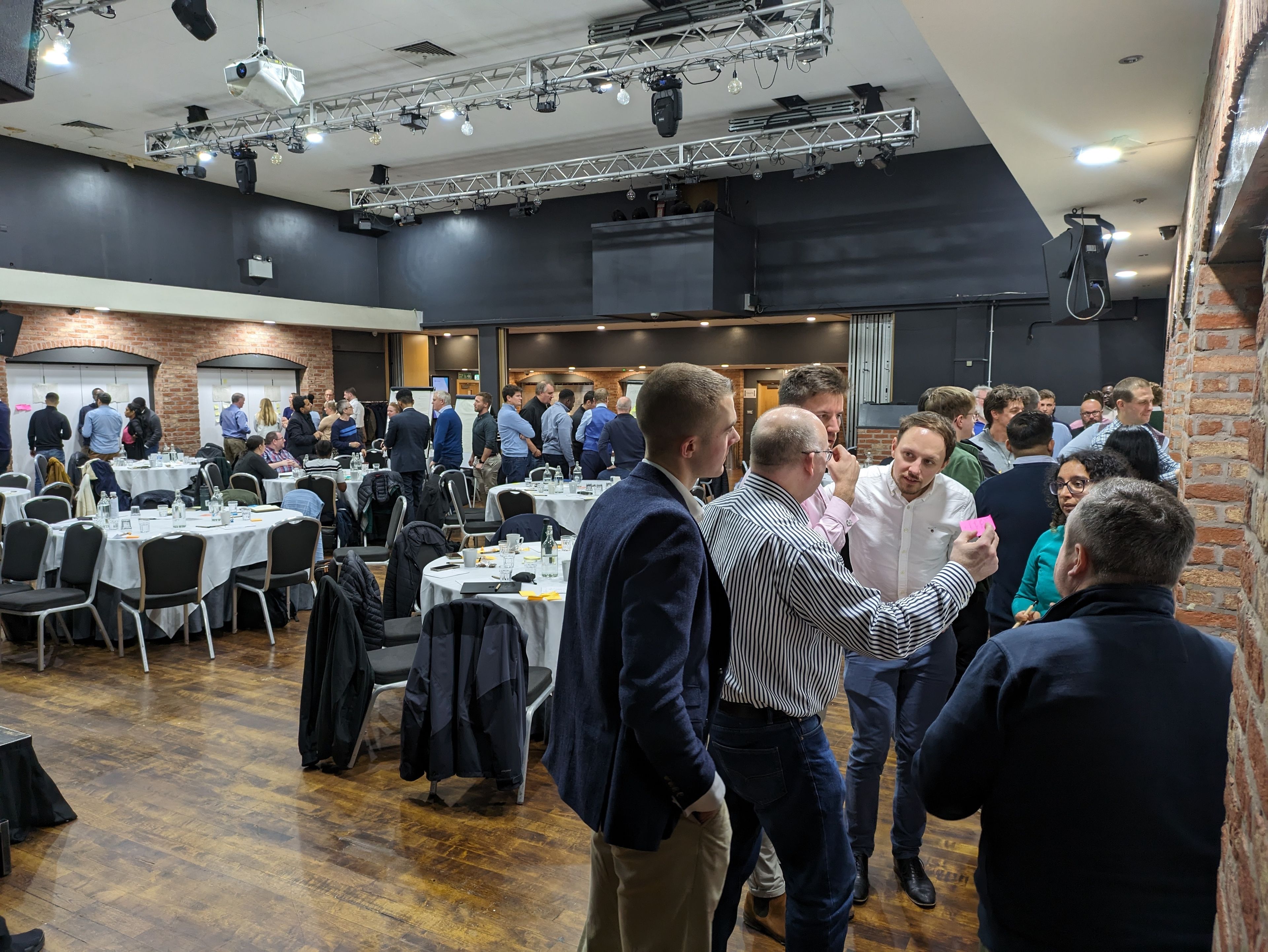
Government
We work with countries, states and government departments to help them achieve transformation at scale.
When organisations want to change something, many set up a new major project or programme: time bound, temporary “organisations within an organisation”.
In government, creating programmes is deeply entrenched in civil service culture, training and practice. They have become the default way to get money and resources to change technology or services. It’s hard to get these any other way.
This means that programmes are used for almost everything: legacy replacement, responding to crises, and ambitious reform.
As the UK’s Home Office experienced, the programme mindset has caused “boom and bust” cycles in service delivery: ‘booms’ in activity when funding and skills are available, but ‘busts’ when the programme ends and they are scarce.
This leads to a growing legacy estate of unsustainable IT products, the skills and investment aren’t where they’re needed to stem the tide of growing technical debt and the resulting complexity and risk of delivery.
Our client says: "When the programme money is around, you have people, and you are able to do things. When the money dries up, everything is much harder to deliver.
With less money and people, the risk is that product release times slow down and products begin to wither on the vine. Users can become dissatisfied with changes not being delivered and disillusioned with the technology changes.”


Since 2022, Public Digital has been working with the Home Office to break the cycle, and transition to an alternative, rebalanced model.
This combines programmes and sustainable services in an organisation’s portfolio, and treats them with equal importance.
Continually funded and supported services can respond and adapt to changing priorities and events. That means they do not become redundant and need another big programme to replace them.
We are working with three critical Home Office programmes which are reaching their close point, or a critical decision point. We are helping create the right conditions to enable the new digital products to endure and be continuously improved within sustainable services.
This means challenging programme management orthodoxies, and making fundamental changes to styles of leadership, team roles, governance and, critically, funding.
We have been working with both senior leaders across the Home Office and the programme teams to trial and then embed these new approaches.
Our client said at this stage: “We have been trying to work in this way for multiple years, but we’ve never had the traction we’ve got now.
In the past, we’ve given teams manuals and instructions and told them to get on with it, and teams have floundered."
Dave Rogers, Partner, says:
“At the Home Office, we’re doing something quietly radical: helping the organisation raise the profile of the enduring services it provides, and giving them parity of status alongside its major programmes.
We’re helping empower teams who have an enduring identity, because they provide services like “crossing the border” or “apply to be a student in the UK” - services that the institution will never stop providing, even if the technology and design changes.”
We’ve helped the Home Office move from programmes to sustainable services, changing how change is done within a large complex organisation. This includes:
We have mapped digital products to service stages and service lines, and helped set up the team environment for ongoing delivery and iteration to meet changing user needs.
We’ve defined the intent and outcomes for each service, enabling them to express their value and develop metrics to measure their impact.
We have co-created a new Senior Service Owner role, with similar seniority to a programme SRO, setting the expectation that services need to be continually owned and supported as they evolve.
We’ve defined new governance for ongoing service delivery, creating the conditions to make quick decisions and manage risks in delivery.
“Public Digital are very good at strategy, listening well, and mindfully and diplomatically working with programme teams who may not want the mirror held up to their ways of working. They see and tease out things that other consultants don’t, and dissect what is really going on within teams and organisations.”